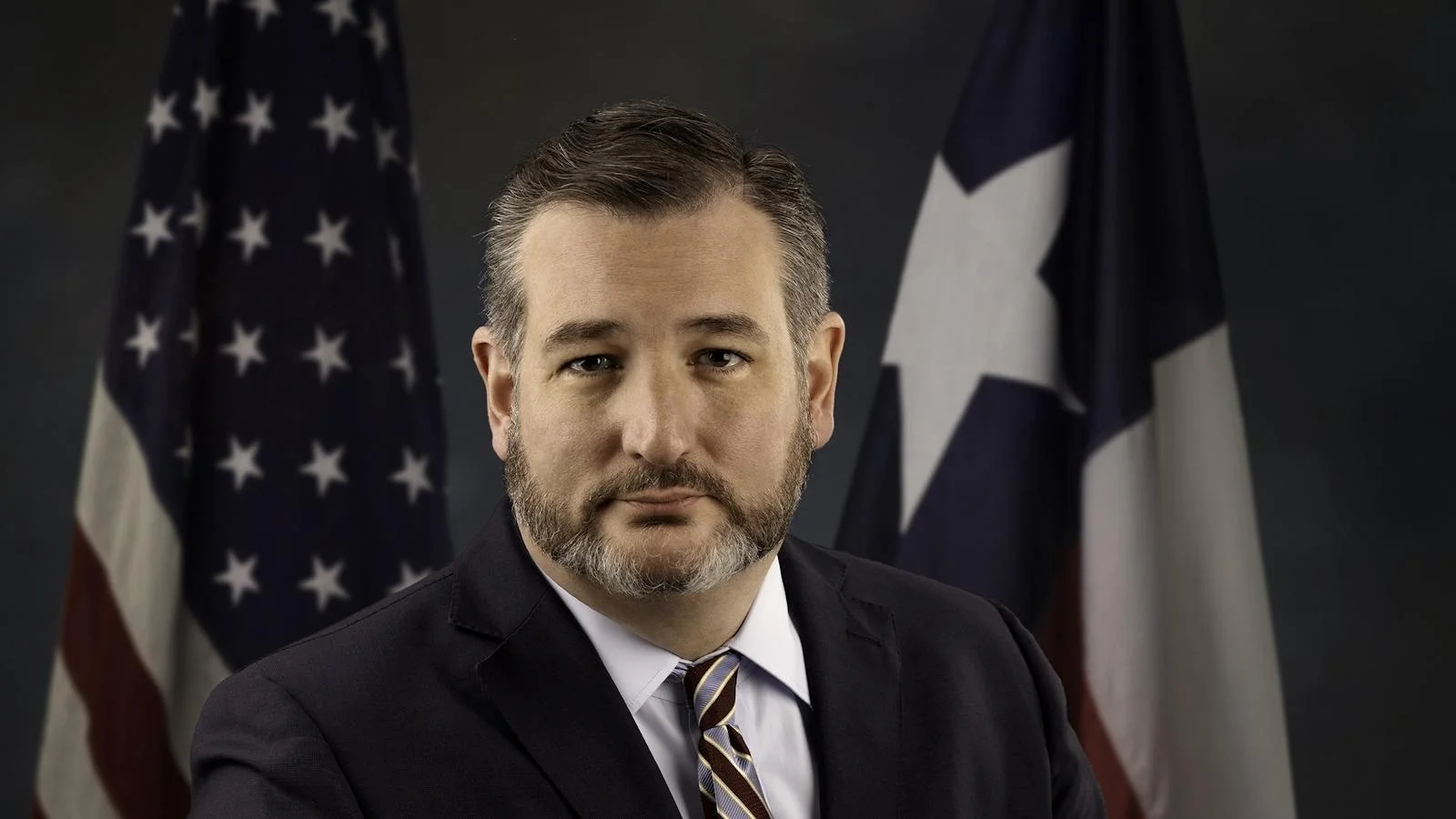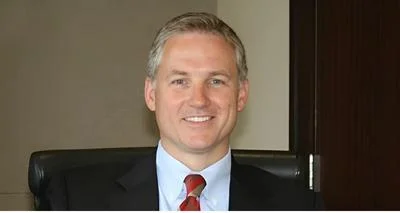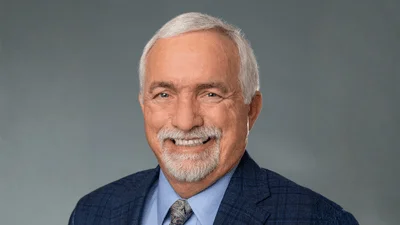U.S. Senator Dan Sullivan (R-Alaska) led a hearing of the Senate Commerce, Science, and Transportation Subcommittee on Coast Guard, Maritime, and Fisheries to discuss efforts to modernize and speed up U.S. commercial and Navy shipbuilding. The hearing addressed concerns about the declining state of American shipbuilding and the security risks posed by China’s dominance in global vessel production.
In his opening remarks, Sen. Sullivan described the situation as urgent: “The state of America's commercial shipbuilding industry is not just an economic concern. It is a national security imperative that we have let slide for way too long. The scale of the challenge we face today is real. It's urgent. I would say it's daunting,” said Sen. Sullivan. “The United States builds less than one percent of the world's commercial ships. Meanwhile, our adversary, China, alone accounts for nearly half of global production, backed by state planning, subsidies and, as always, coercive trade practices. This is not just an economic statistic. It is a dire warning. Maritime power is directly tied to our ability to project influence, support our Navy, mobilize sealift, sustain commerce, and ensure resilient supply chains in times of crisis.”
Senator Ted Cruz (R-Texas), chairman of the full committee, also commented on Texas’ role in maritime commerce: “Texas is a maritime powerhouse. Our ports drive commerce, support thousands of jobs, and serve as a critical frontline for national security. I was proud to help secure a deal to build three icebreakers in Galveston, the single largest increase in U.S. shipbuilding capacity in decades, which will support a projected 7,000 skilled Texas jobs. I look forward to continuing to advance President Trump’s vision to restore American maritime dominance.”
Expert witnesses at the hearing included Matt Paxton from the Shipbuilders Council of America; Jeff Vogel from TOTE Services; Dr. Salvatore Mercogliano from Campbell University; and Tuuli Snow from Snow & Company.
Senator Sullivan referenced recent federal actions supporting shipbuilding revival efforts such as President Trump’s “Restoring America’s Maritime Dominance” executive order signed on April 9, 2025 and significant investments for the Navy and Coast Guard included in recent budget legislation.
He further outlined Alaska's dependence on maritime transportation for its key industries due to its remote location between Pacific and Arctic regions.
Senator Sullivan stressed historical precedent for U.S.-led industrial surges during crises: “We've seen what America can do when it chooses to lead... We can do this. We've done it before.”
He noted bipartisan legislative momentum with measures like the SHIPS for America Act aiming to boost domestic production capacity and innovation.
However, he warned that funding alone would not solve existing problems: “But more money won't alone solve the problem. We need smarter procurement systems—ones that reward performance, improve accountability, and avoid the delays and cost overruns that have plagued far too many federal programs.”
Sullivan emphasized workforce development as central: “Finally...this is...about people...Revitalizing America's shipbuilding means investing in a workforce that can design, build, and sail the ships for tomorrow.”
He concluded by urging Congress to reopen government operations so federal workers involved in shipbuilding could be paid: “Let's reopen the government and get these workers who build our ships in public yards paid as well.”








